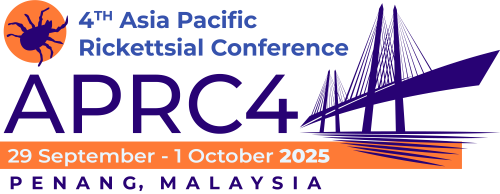Keynote 3Paradigm Shift in Vector Control: Towards Sustainable Disease Mitigation Strategies
Vector-borne diseases continue to pose significant challenges to global health security, disproportionately affecting tropical regions such as Malaysia. Traditional approaches to vector control, largely reliant on chemical interventions, are increasingly limited by issues of insecticide resistance, ecological disruption, and limited long-term sustainability. These challenges highlight the urgent need for a paradigm shift towards integrated and sustainable strategies for disease mitigation. This keynote will explore innovative methods that go beyond reactive measures to proactive, ecosystem-based interventions. Emphasis will be placed on strategy aligned with the Malaysia Ministry of Health’s vision for strengthening national preparedness and response capacities, as well as TIDREC’s role as a Higher Institution Centre of Excellence in advancing translational research on vectors and vector-borne pathogens. Key themes include harnessing One Health principles to integrate human, animal, and environmental surveillance; embedding community engagement as a core element of sustainable vector management; and leveraging cutting-edge tools such as genomic surveillance, digital technologies, and AI-driven modelling for early warning systems. The discussion will also align with international frameworks, including the WHO Global Vector Control Response (GVCR) 2017–2030 and the quadripartite One Health Joint Plan of Action (FAO, WOAH, WHO, UNEP), highlighting opportunities for Malaysia and the wider region to contribute to and benefit from global collaborations. By reimagining vector control as a multi-sectoral, science-driven, and community-centred endeavour, this paradigm shift offers a pathway towards resilient and sustainable disease mitigation strategies for the future.
